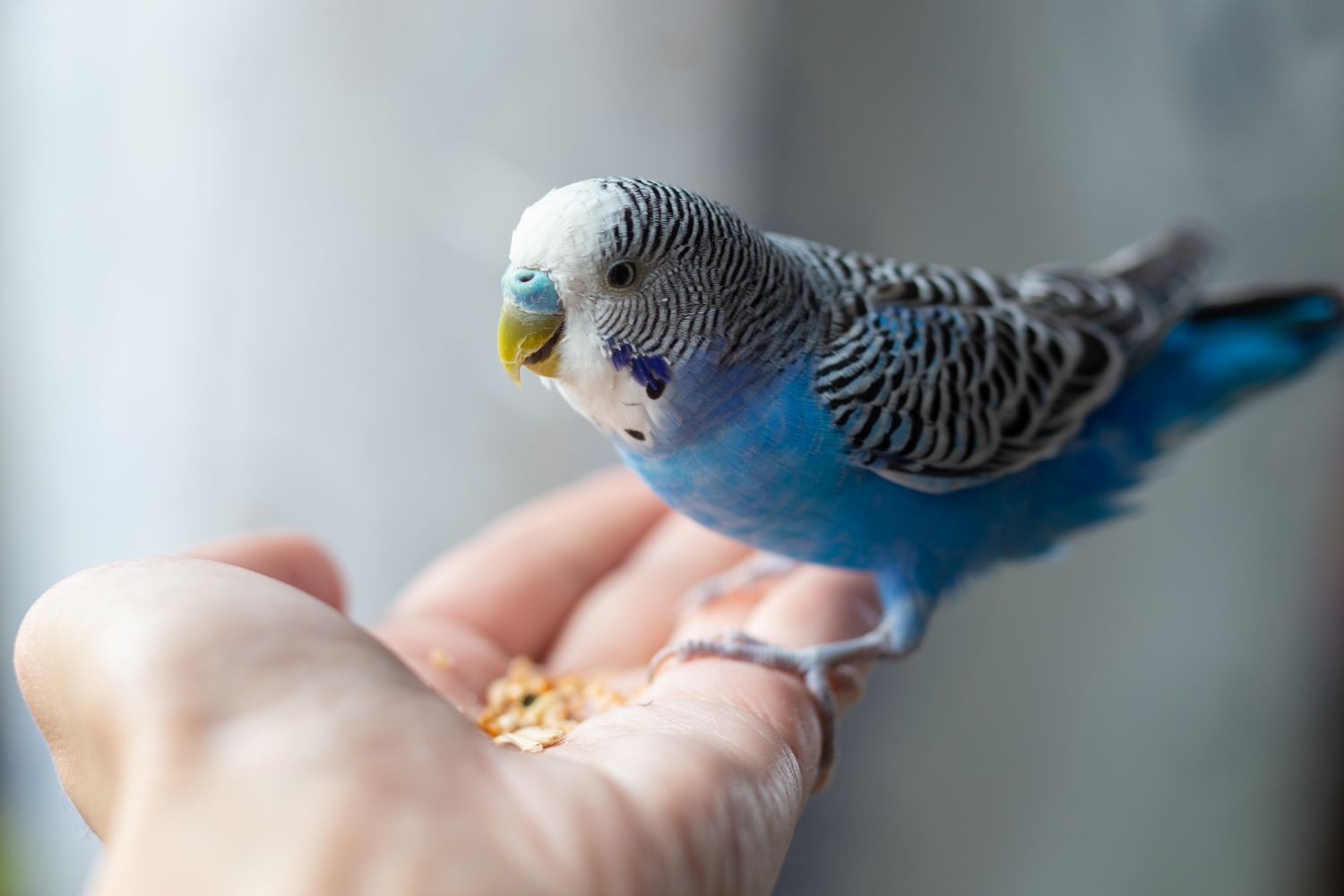The Budgerigar, commonly known as Budgie or Parakeet, is a small and vibrant bird that has captured the hearts of pet owners worldwide. With their cheerful chirps, playful nature, and remarkable ability to mimic sounds and words, Budgies make delightful companions. These social birds thrive on interaction and can form strong bonds with their owners. Budgies are known for their colorful plumage and adaptability, making them a popular choice for both novice and experienced bird owners. In this section, you will find comprehensive information about Budgerigars, including their diet, housing requirements, health considerations, behavior traits, and more.
- Diet: Budgerigars primarily eat a diet of seeds, supplemented with fresh fruits, vegetables, and occasional protein sources like cooked eggs.
- Housing: Provide a spacious cage with toys, perches, and room for flight. Budgies enjoy social interaction, so consider keeping them in pairs or small groups.
- Behavior: Budgies are social, intelligent, and playful birds. They enjoy learning tricks and can be trained to mimic sounds and words.
- Lifespan: Budgerigars can live up to 5-10 years on average, but with proper care, some can live even longer.
- Size and Appearance: They are small birds, typically measuring around 6-8 inches in length. Budgies have a compact body with various color variations.
- Training and Enrichment: Budgies are trainable and benefit from mental stimulation. Training can involve teaching them to step up onto your hand and perform simple tricks.
- Social Needs: Budgies are highly social and thrive with daily interaction and companionship. Consider keeping them in pairs to prevent loneliness.
- Vocalization: Budgies are known for their chattering and chirping. They can mimic sounds and even learn to talk with training.
- Common Health Issues: Common health issues include respiratory infections, scaly face mites, obesity, and vitamin deficiencies. Regular vet check-ups are important.
- Handling and Interactions: Handle budgies gently, allowing them to become comfortable with being touched. They enjoy perching on shoulders or fingers.
- Breeding and Reproduction: Breeding budgies requires a separate breeding cage and careful monitoring. Consult an avian expert for detailed guidance.
- Legal Considerations: Check local regulations as some places may have restrictions on owning certain bird species.
Owning a Budgerigar can bring endless joy and companionship into your life. These small, intelligent birds thrive in social environments and are eager to engage with their human companions. By providing them with a balanced diet, a spacious and stimulating environment, regular health check-ups, and plenty of love and attention, you can ensure a fulfilling and enriching life for your Budgie. With proper care, your Budgerigar will reward you with their cheerful presence and delightful antics.



